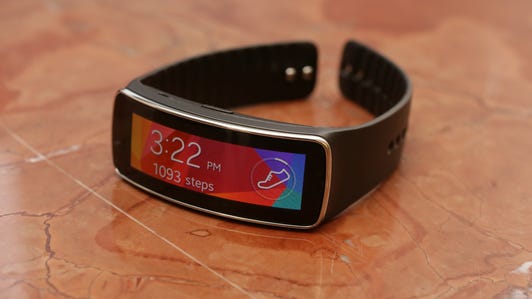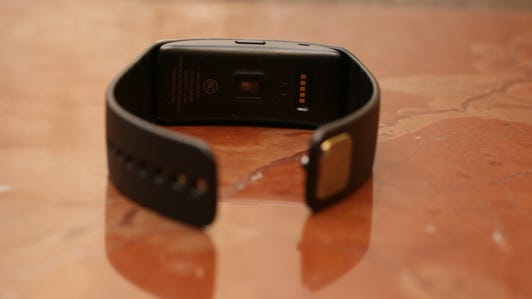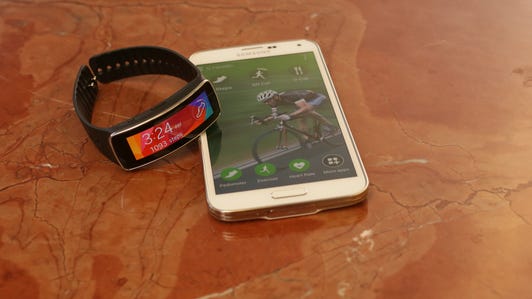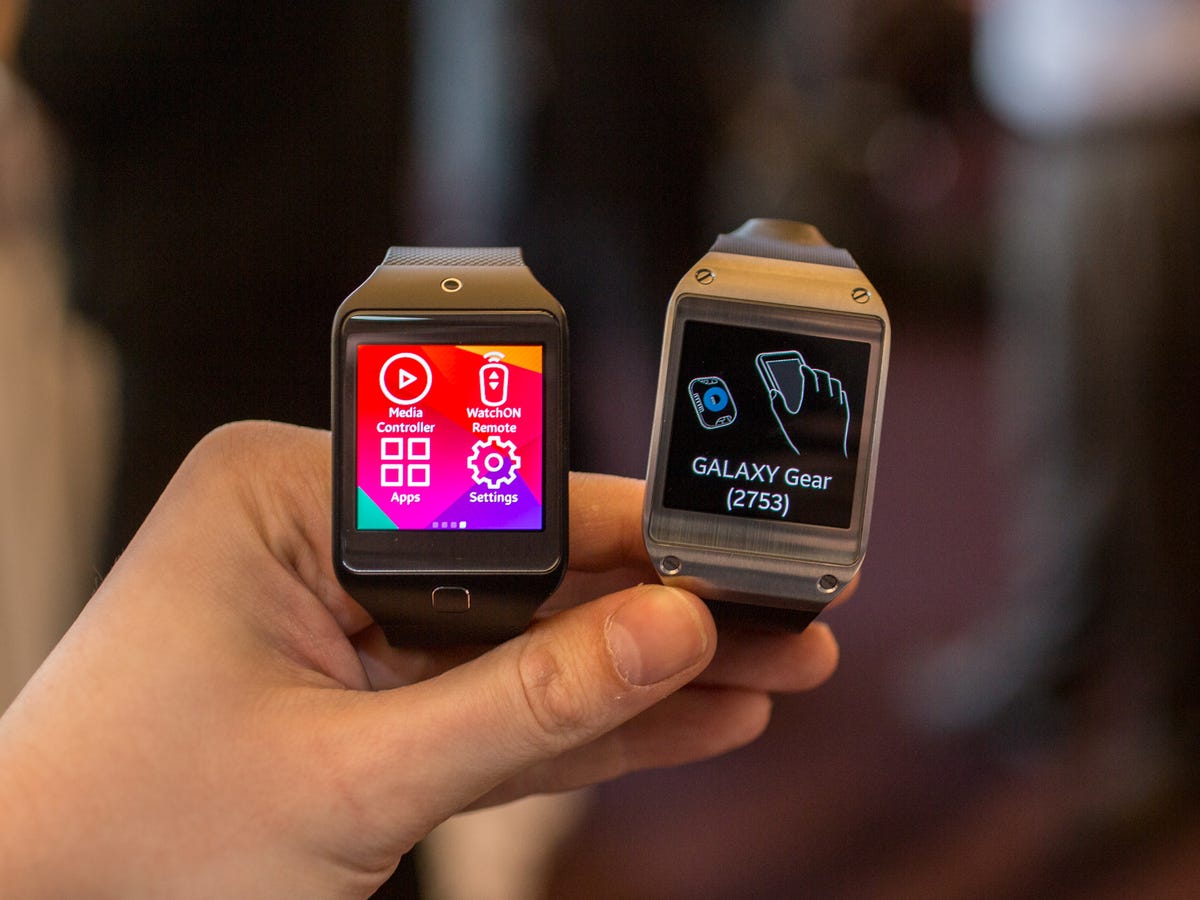
CNET
Google’s wearables push is about to get a big boost.
Samsung plans to introduce its first Android Wear device at Google’s developer conference next week, people familiar with the matter told CNET. The wearable will be a smartwatch, much like the Gear devices Samsung has released in the past year, the people said.
Samsung has been working on an Android Wear smartwatch that uses Samsung’s own chips, as well as another model built off of processors from Qualcomm, one person said. It’s unclear which version Samsung will show at Google I/O. Android Wear is Google’s operating system for smartwatches and other wearable devices.
See also
- Google unveils Android Wear, its modified OS for wearables
- Gear 2 running Tizen: Smart move for Samsung smartwatch?
- Samsung’s Gear Fit doesn’t run Android or Tizen
- How Samsung cranked out the Galaxy Gear: The inside story
Companies have been looking to wearables as a new market of opportunity as smartphone and tablet growth slows. By the end of this year, over 19 million wearable devices will ship worldwide, tripling last year’s figure, market researcher IDC reported in April. By 2018, wearable shipments are expected to hit 111.9 million worldwide shipments — still a small number compared with the 1.7 billion smartphones expected to be sold that year.
Samsung declined to comment on the Android Wear device but said in a statement that it’s “committed to relentless innovation and new products are always in development.”
Along with Samsung, LG also will launch an Android Wear device at the developer conference, people familiar with the matter said. Motorola also could introduce its first wearable at the event, one person said. Google I/O, the company’s annual gathering of developers, is expected to draw about 6,000 people to San Francisco starting June 25. Samsung’s Android Wear smartwatch may be given to Google I/O attendees, one person said.
For Samsung, the new smartwatch shows a renewed commitment to Google — and an effort to hedge its bets over which operating system will win over consumers. Its first smartwatch, last September’s Galaxy Gear , ran Google’s Android mobile OS, but Samsung switched to its own open-source software, called Tizen, for the second generation of Gear and the Gear 2 Neo. Samsung even pushed out a software update earlier this month that converted the first Gear’s operating system to Tizen. Its Gear Fit, meanwhile, runs a real-time operating system designed to improve battery life.
Samsung Gear 2 from every angle (photos)
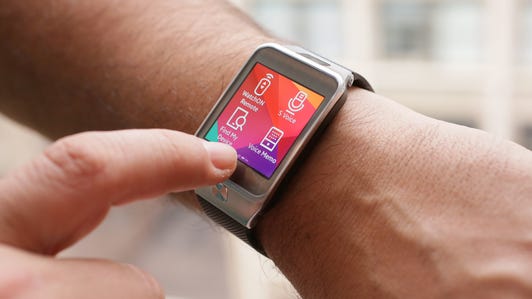



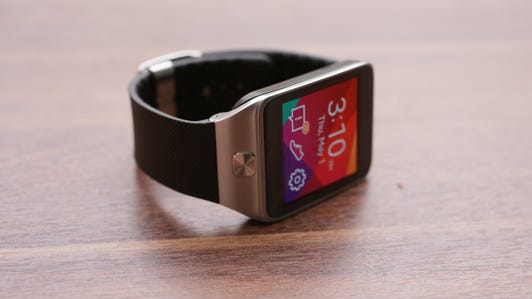

Samsung executives have said in recent months that Android was too heavy for its wearables, sapping battery life quickly. It also has tried to push Tizen as an alternative to Android in everything from wearables to cars. Samsung has acknowledged many times that being a strong hardware company isn’t enough to fuel sales growth. To do that, it needs to lessen its dependence on Google.
But Samsung remains closely tied to Google and Android at this time. Its top-selling Galaxy smartphones and tablets run Android — and Samsung’s first Tizen phone won’t reach the market until later this year and will be available only in Russia. In 2013, 40 percent of the Android smartphones shipped worldwide came from Samsung, according to IDC.
Google, meanwhile, has been making tweaks to Android so it runs better on the growing number of wearables. The company unveiled Android Wear in March, modifying an operating system that’s heavily based on its Google Now voice-recognition technology. At the time, Google said LG, Asus, HTC, Motorola, and Samsung would be the first hardware partners to use Android Wear, while Fossil Group would unveil Android Wear-powered watches later in the year.
The pressure is on for Google to lead the wearables market before rival Apple launches a smartwatch later this year, a highly anticipated new device that’s already been dubbed the iWatch.
Samsung Gear Fit, up close (photos)
